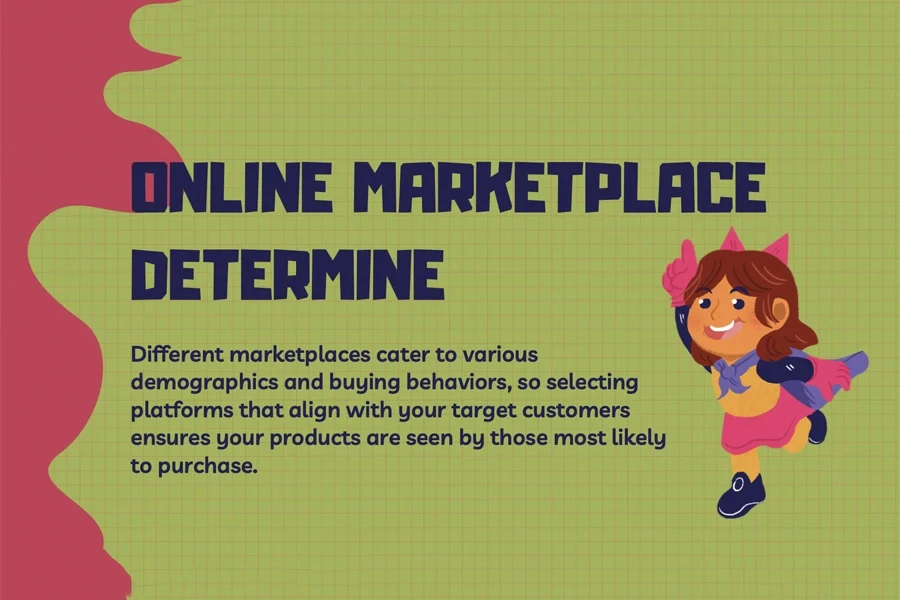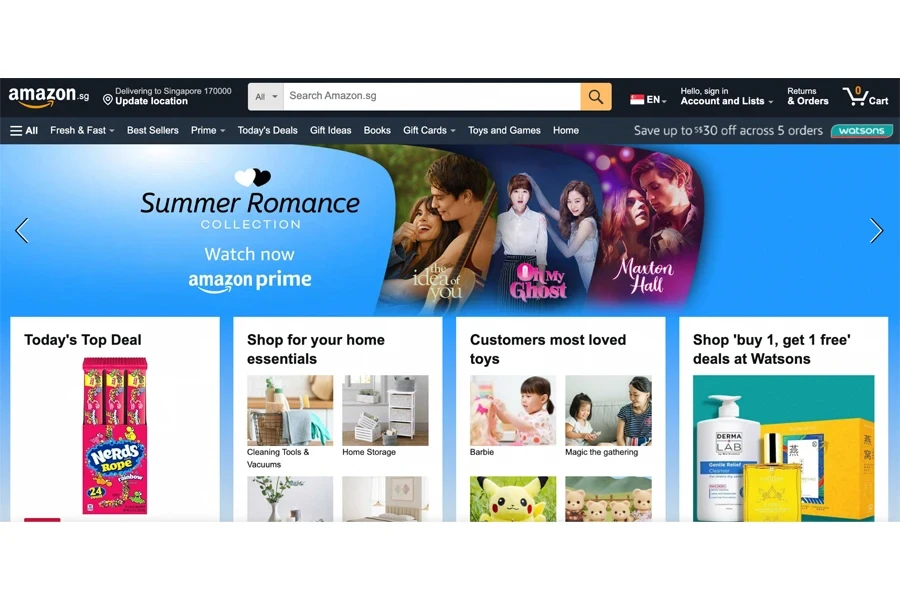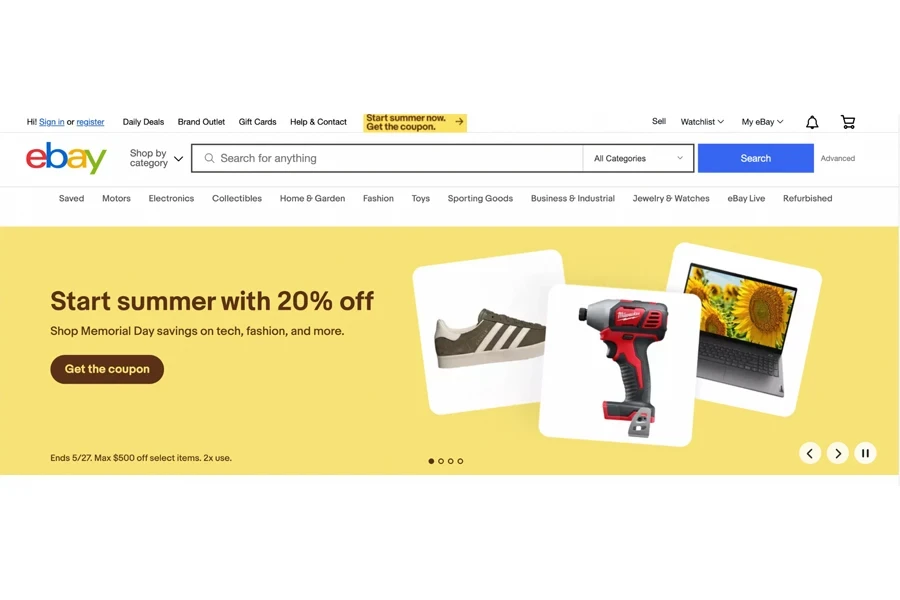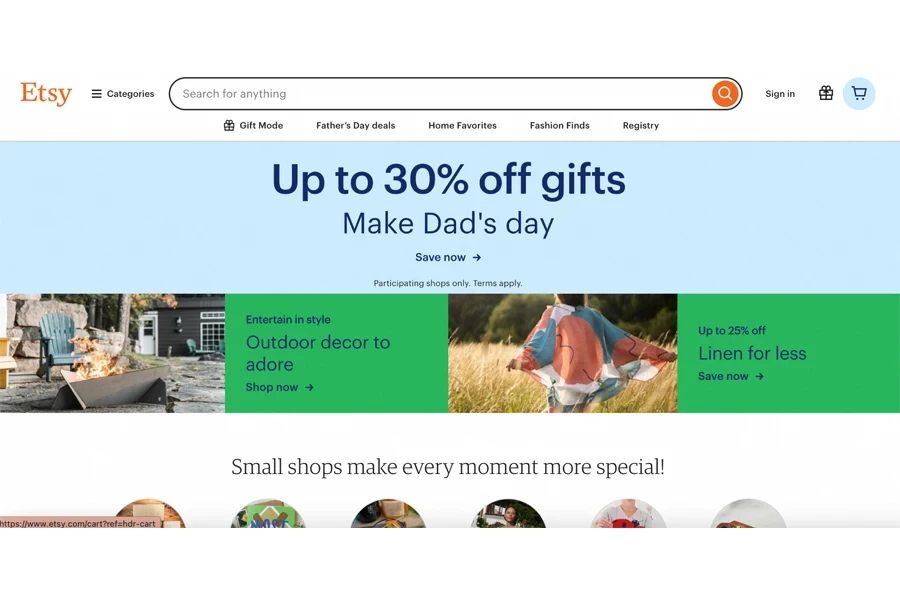Suppose you are ready to take your eCommerce game to the next level and look for a marketplace to start it. But with so many marketplaces out there, how do you pick the right one? Choosing the right marketplace can seriously boost your sales and get your products in front of the people who matter. In this guide, we’ll break down why it’s crucial to choose wisely, give you the lowdown on the biggest players like Amazon and eBay, and help you figure out which platform is your ultimate match. Let’s dive in and get your eCommerce biz booming!
Table of Contents
1. Why Choosing the Right Marketplaces is Important
2. Major Marketplaces Overview
3. Strategic Considerations for Choosing Marketplaces
4. Detailed Analysis of Major Marketplaces
5. Conclusion
Why Choosing the Right Marketplaces is Important
Choosing the right marketplaces for your eCommerce business is critical for several reasons. Firstly, it significantly impacts your sales and visibility. Marketplaces with a large and active user base can drive substantial traffic to your products, increasing the likelihood of sales. Secondly, reaching the right audience is essential.

Different marketplaces cater to various demographics and buying behaviors, so selecting platforms that align with your target customers ensures your products are seen by those most likely to purchase. Lastly, having a competitive advantage is crucial in the crowded eCommerce landscape. By strategically choosing marketplaces that suit your business model, you can stand out from competitors and optimize your operations for better efficiency and profitability.
Major Marketplaces Overview
Understanding the landscape of major marketplaces is the first step in selecting the right ones for your eCommerce business. Marketplaces like Amazon, eBay, Etsy, Walmart Marketplace, and Rakuten dominate the eCommerce space, each offering unique advantages and catering to different types of sellers and buyers. Amazon, for instance, is known for its extensive reach and robust logistics network, making it an ideal choice for businesses looking to scale quickly. eBay offers a flexible platform for a wide range of product categories, while Etsy specializes in handmade and unique items, appealing to niche markets. Walmart Marketplace leverages its vast retail presence to provide a trusted shopping experience, and Rakuten offers significant international reach, especially in Asia. By understanding the key features and benefits of these major marketplaces, you can better assess which platforms align with your business goals and customer base.
Strategic Considerations for Choosing Marketplaces
Understand Your Industry and Business Model
When choosing the best marketplaces for your eCommerce business, it’s essential to analyze industry trends and clearly define your business model.

Understanding where your products fit within the broader market landscape will help you select platforms that align with your goals.
Know Your Customers
Identifying your customer demographics and understanding their behavior is crucial. Different marketplaces attract different types of buyers, so selecting the ones that cater to your target audience will enhance your chances of success.
Learn from Your Competitors
Conducting competitor analysis and benchmarking against similar businesses can provide valuable insights. Observing where your competitors are selling and how they’re performing can guide your marketplace selection strategy.

Budget Considerations
Allocating your budget effectively is vital. Consider the costs associated with listing, advertising, and logistics on each marketplace. Assess the potential return on investment to ensure your expenditures are justified.
Geolocation Factors
Targeting specific regions can influence your marketplace choice. Some platforms have stronger presences in particular geographic areas, so aligning your strategy with these strengths can boost your market penetration.
Resource and Timeframe Evaluation
Evaluating your available resources and setting realistic timeframes for channel implementation is essential. Ensure you have the capacity to manage your listings, fulfill orders, and maintain high performance standards across multiple marketplaces.
Detailed Analysis of Major Marketplaces
Amazon
Amazon is one of the largest and most influential online marketplaces globally. Here’s why it might be the right choice for your eCommerce business:
Customer Base and Reach: Amazon boasts a vast and diverse customer base, providing access to millions of potential buyers worldwide. Its strong brand reputation and customer trust make it a go-to platform for online shopping.

Advertising Options: Amazon offers robust advertising solutions, including Amazon Advertising, Sponsored Products, and Amazon Stores. These tools enable sellers to increase product visibility and reach targeted audiences through tailored campaigns.
Logistics and Fulfillment: One of Amazon’s standout features is its Fulfillment by Amazon (FBA) service. FBA handles storage, packing, and shipping, allowing sellers to leverage Amazon’s extensive logistics network. This not only ensures fast and reliable delivery but also frees up time for sellers to focus on other aspects of their business.
While Amazon provides numerous benefits, it’s important to consider the competitive nature of the platform. High competition in popular categories can make it challenging for new sellers to stand out. Therefore, it’s crucial to conduct thorough market research and strategically position your products.
eBay
eBay is another prominent online marketplace that offers unique advantages for eCommerce businesses:
Product Categories and Audience: eBay caters to a wide range of product categories, from electronics and fashion to collectibles and automotive parts. This diversity attracts a broad audience, making it an excellent platform for sellers with varied product lines.

Seller Tools and Promotions: eBay provides several tools to help sellers succeed. The eBay Promotions Manager allows you to create special deals and discounts to attract buyers. Additionally, eBay’s auction-style listings can help generate excitement and urgency among potential buyers.
Competitive Landscape: eBay’s competitive environment differs from Amazon’s in that it allows more flexibility in product listings and pricing strategies. Sellers can leverage this to offer unique items or used goods, which might not fit as well on other marketplaces.
However, like Amazon, eBay’s competitive nature requires sellers to stay vigilant and innovative to capture and retain customer interest. Effective use of promotions and customer engagement is key to success on this platform.
Etsy
Etsy is a marketplace tailored for handmade, vintage, and unique products, appealing particularly to artisans and crafters:
Niche Markets and Handmade Goods: Etsy is renowned for its focus on handmade, vintage, and unique products. This specialization attracts a dedicated customer base looking for distinctive items that aren’t typically found on larger marketplaces.
Community and Branding Opportunities: Etsy’s platform fosters a strong sense of community among buyers and sellers. This provides excellent opportunities for branding and building a loyal customer base. Sellers can personalize their storefronts and engage directly with customers, enhancing the shopping experience.

Advertising Within the Platform: Etsy offers advertising options that help increase the visibility of your listings. Etsy Ads and promoted listings can drive traffic to your store, making it easier for potential buyers to find your products.
While Etsy’s niche focus is a significant advantage, it also means that it may not be suitable for sellers of mass-produced goods. Sellers should ensure their products align with Etsy’s marketplace ethos to attract the right audience.
Walmart Marketplace
Walmart Marketplace leverages the retail giant’s extensive infrastructure and customer base, offering unique opportunities for eCommerce businesses:
Scale and Customer Trust: Walmart’s established reputation and extensive customer base provide a significant advantage. By listing your products on Walmart Marketplace, you gain access to millions of customers who trust the Walmart brand.
Advertising Solutions: Walmart offers various advertising options to help sellers boost their product visibility. These include Sponsored Products and Display Ads, which can drive traffic to your listings and increase sales.
Integration with Walmart’s Ecosystem: Sellers on Walmart Marketplace can benefit from integration with Walmart’s comprehensive retail ecosystem. This includes options for store pickup, leveraging Walmart’s logistics network, and participation in Walmart’s affiliate marketing programs.
However, selling on Walmart Marketplace can come with strict requirements and standards. Ensuring compliance with Walmart’s policies and maintaining high performance metrics are crucial for success.
Rakuten
Rakuten, often referred to as the “Amazon of Japan,” provides significant international reach and diverse advertising services:
International Reach: Rakuten is a global marketplace with a strong presence in Japan and other Asian markets. For businesses looking to expand their international footprint, Rakuten offers access to a large and engaged customer base.
Advertising Services: Rakuten provides a variety of advertising solutions, including display ads, affiliate marketing, and more. These tools can help increase the visibility of your products and drive sales across different regions.
Market-Specific Advantages: Rakuten’s focus on local markets allows sellers to tailor their strategies to specific regions. This can be particularly beneficial for businesses looking to tap into market-specific trends and customer preferences.
While Rakuten offers extensive opportunities for international expansion, it’s important to understand the nuances of the local markets you’re targeting. Effective localization of your products and marketing strategies will be key to success on Rakuten.

Conclusion
Choosing the right marketplaces for your eCommerce business is a strategic decision that can significantly impact your success. By understanding the importance of this choice, analyzing major marketplaces, and considering various strategic factors, you can make informed decisions that enhance your market presence and drive sales.




